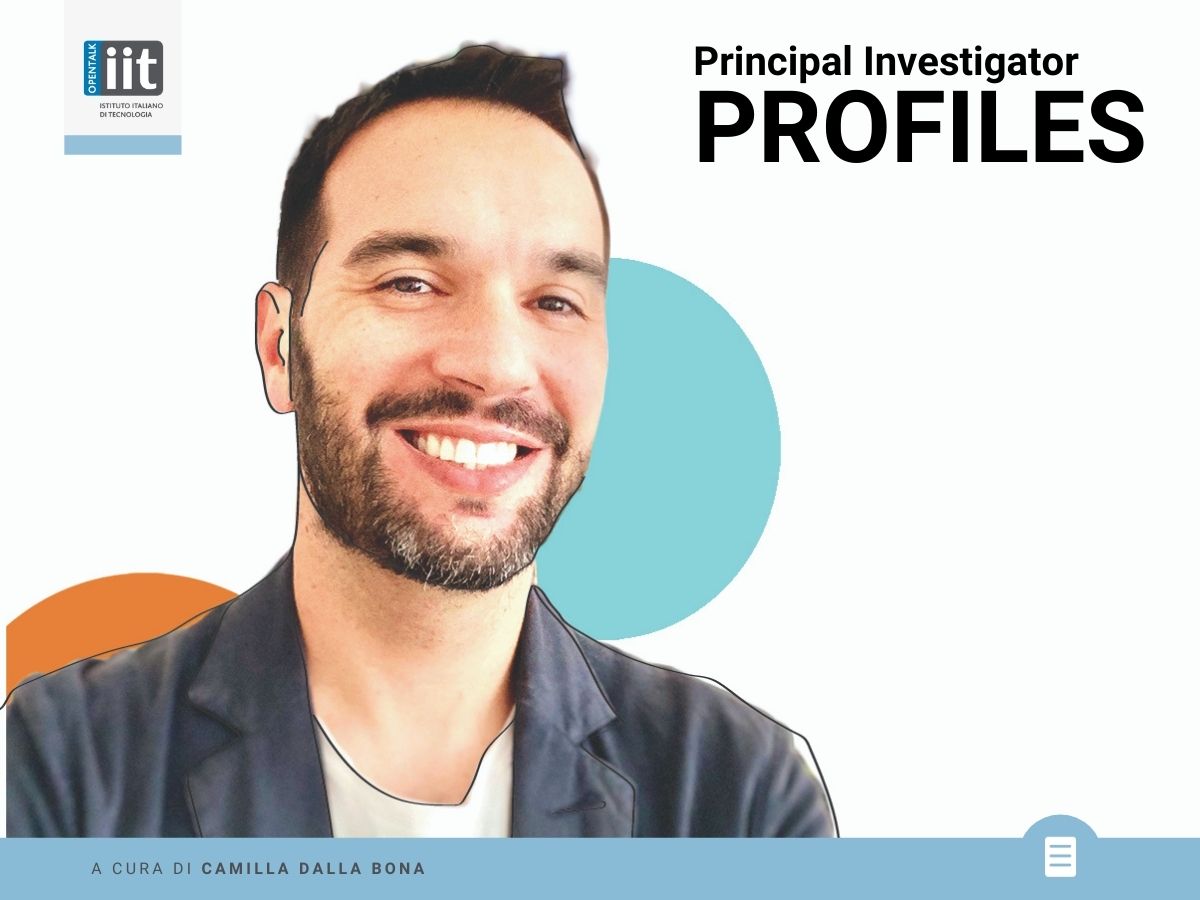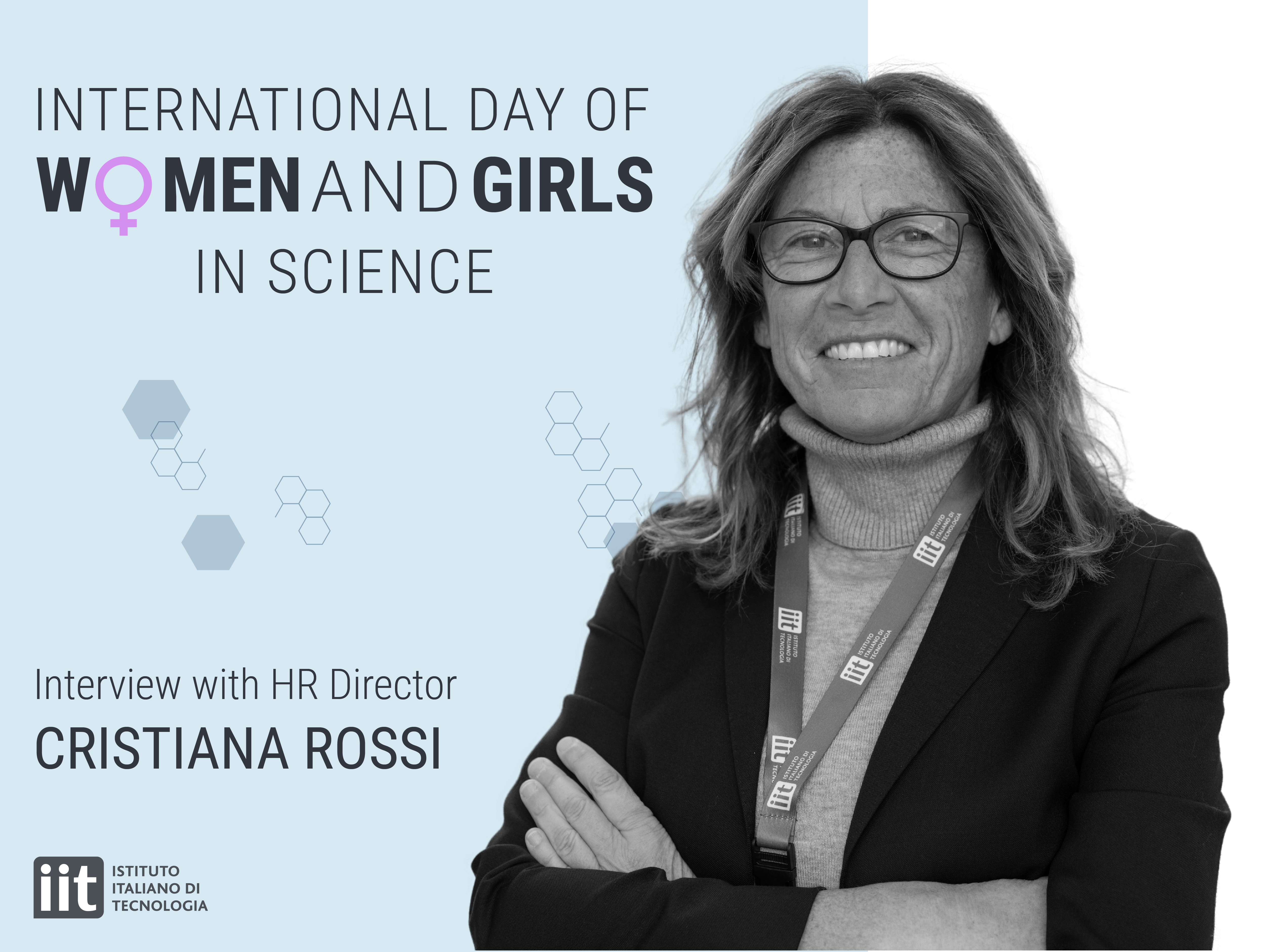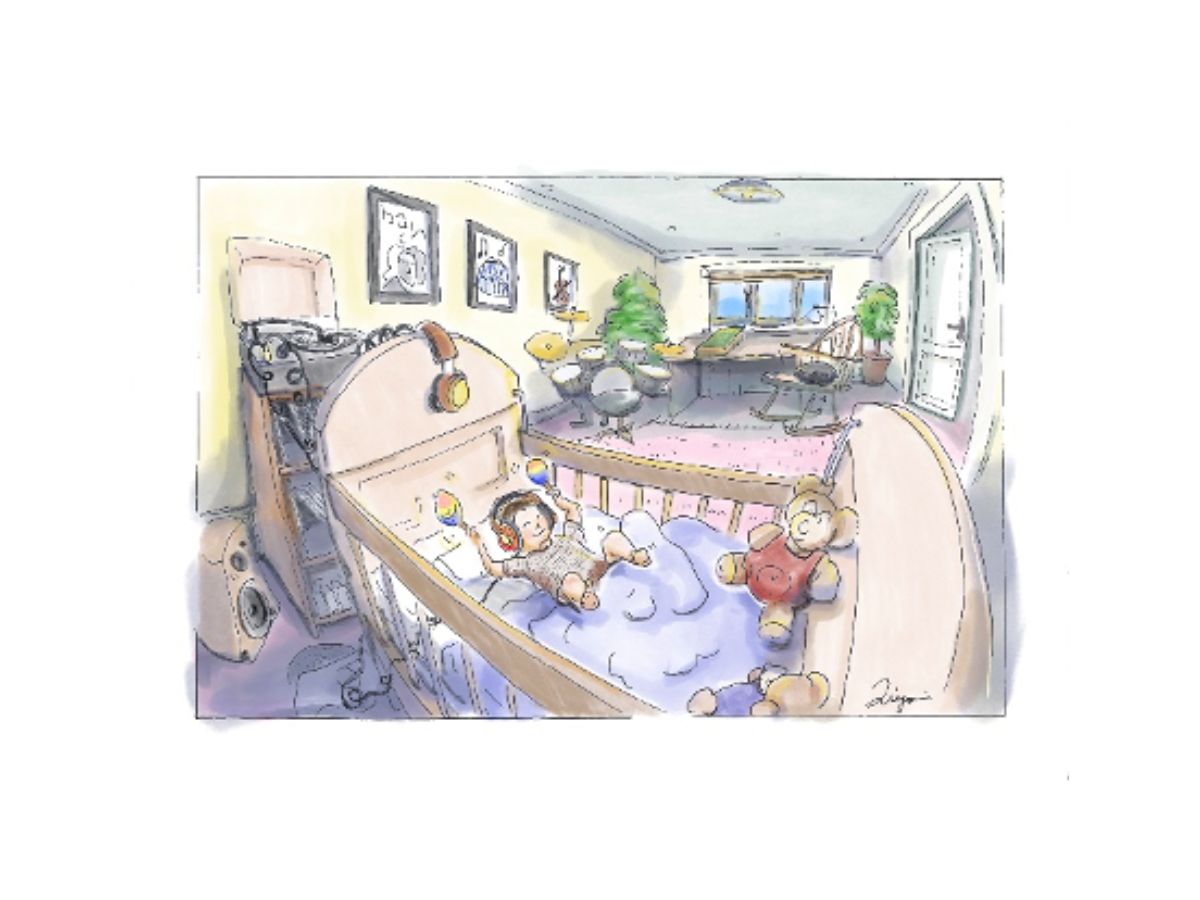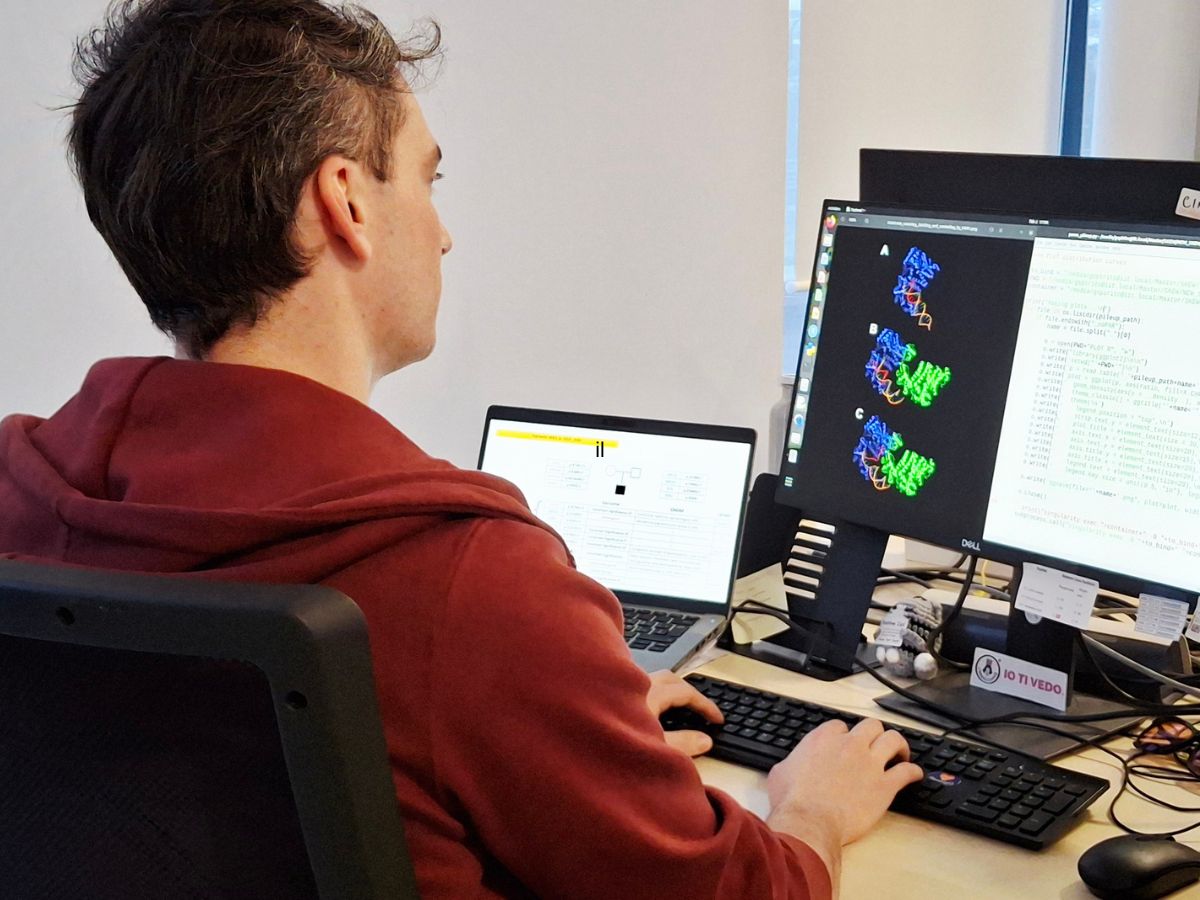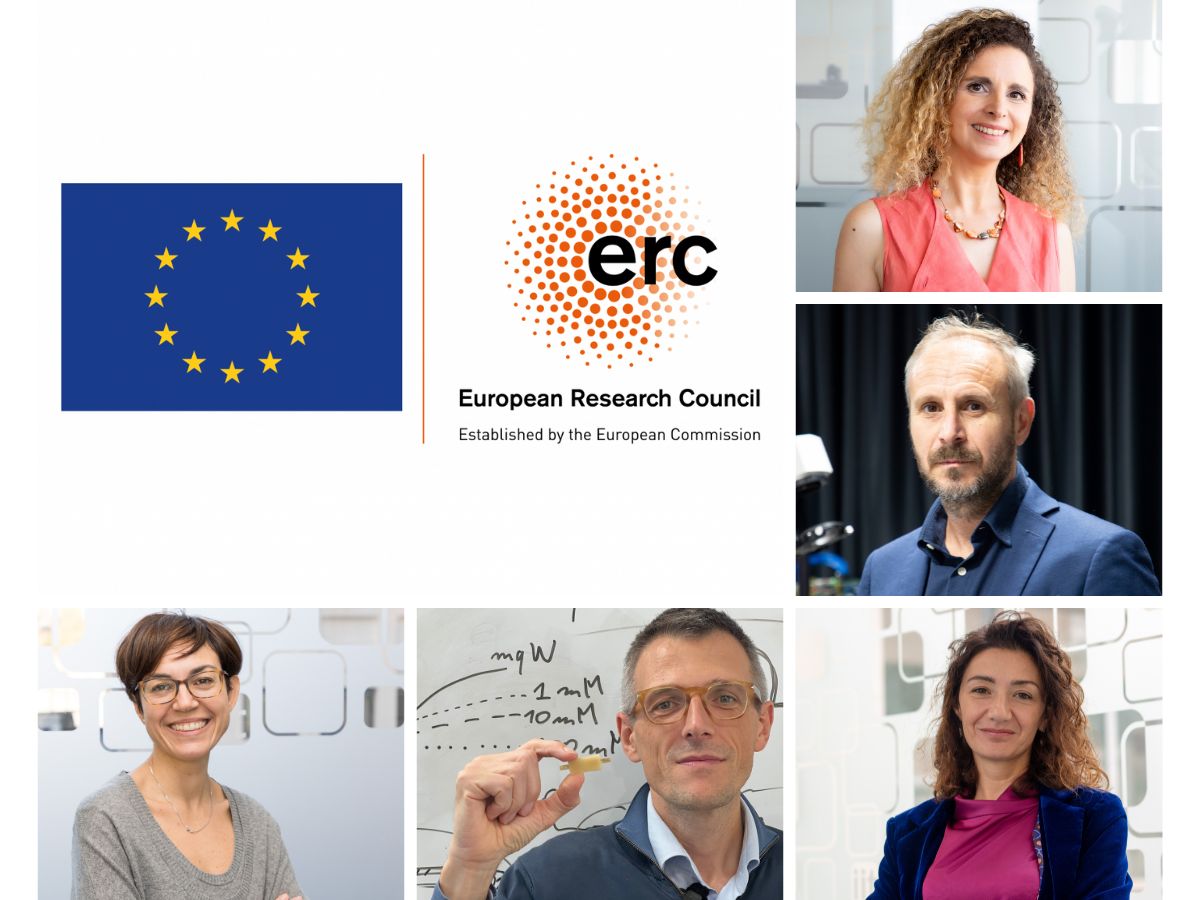Interview with Cristian Ciracì, coordinator of the IIT Computational Nanoplasmonics research line
Name: Cristian
Surname: Ciracì
Place of birth: Mesagne, Italy
Role: PI, Computational Nanoplasmonics
What does your research team do? We study the interaction of light with matter at a deep level. We develop new mathematical models that account for new or complex phenomena involving light that could lead to novel applications.
When you were younger, was this the job you had in mind? Well, in a sense it was. Only, I didn’t know. I grew up in the countryside of a small town. I loved to explore, observe insects, make little experiments… I would often break my brand-new toys to collect their electric motor and use it to build new things. At the time however there was no Internet nor YouTube videos to show you how to do stuff. There was a lot of figuring-stuff-out involved!
If this wasn’t your current job, what would you have liked to do? As a teenager I started playing guitar. I was very serious about it; I would practice several hours every day. I was, and still am, very passionate about it. I wanted to be a professional musician but I also loved math, so I decided to study engineering. During college I fell in love with physics: the first time I saw a “derivative” (a purely abstract mathematical tool for me at the time) being used to calculate how an object moves in space and time was eye opening. This led me few years later to get a PhD in physics, and here I am.
That time you would have wanted to drop everything and do something else: I don’t think that ever happened. Although sometimes I wonder what it would have been if I had made different choices.
“Publish or perish”. How does the pressure to publish influence your days and your professional choices? More than publishing in my field it is very hard (and stressful) to get external funding, especially in Italy, where there are no recurring funding programs for fundamental research.
When did you realise you were going in the right direction? During my first research job (as a postdoc at Duke University, USA) I realized that I was getting paid to do what I enjoyed doing. Although it was, it didn’t fill like a job at all.
ùWhat is your next goal? So far, I have been doing mostly fundamental physics work. Now I would like to apply my knowledge and experience to solve specific problems and have a more direct impact to the future of our society.
What is the toughest aspect of your job? Sometimes we realize that what we’re trying to achieve is much harder than we expected and inevitably a series of failures built up one after another, loudly suggesting you to give up. I believe the toughest aspect of my work is to keep pushing exactly at this very moment. It is hard but often very rewarding.
Senior researchers necessarily have to deal with many bureaucratic aspects. Apparently, this aspect does not fit well with the research activity. How is that for you? Bureaucracy I understand. Redundant and unnecessary bureaucracy is just frustrating.
Who would have to invest more in research compared to what it is done today? Certainly the governments, but also every private company should have a R&D department. I believe a common problem often is the lack of a long-term vision.
Do people talk about science outside the labs and the academic world? Not enough!
Who gave you the most important advice during your journey? I think it was a postdoc I overlapped with during my PhD in France. He suggested me to apply for a job in Prof. Smith’s group in the US. Two years later I was jumping around my apartment in North Carolina alone like a fool: I had just read that my work would have been featured on the cover of Science. I doubt this would have happened in a different place.
What would you say to the younger you finishing his PhD? Take it easy!
Is working in different countries essential for a researcher? Absolutely. I think living in a different country is essential for everyone, not only for researchers.
You can improve one aspect of research in general. Which one would you choose? I think an aspect very often undervalued is the impact of having an esthetically appealing workplace, with green and social spaces. This not only increases the productivity of people already working there but it also boosts its attractiveness towards new talents, which in turn contribute to a more stimulating environment creating a positive loop.

